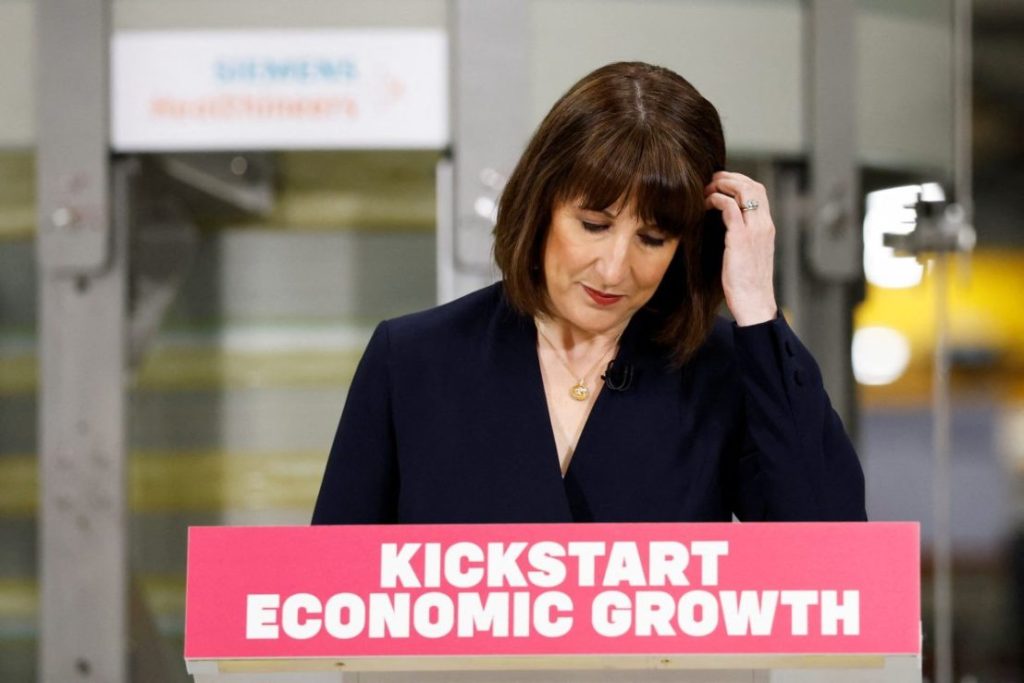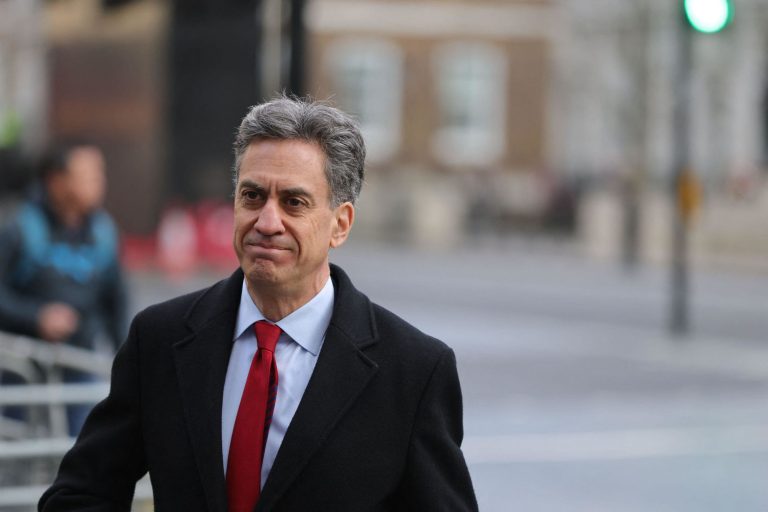
As discussions between the UK and the US continue, the subject of food standards has become a highlight, particularly in the context of forming a new trade agreement post-Brexit. Chancellor Rachel Reeves, speaking from the International Monetary Fund (IMF) spring meetings in Washington DC, has firmly stated that the UK will not compromise its high agricultural standards to secure a deal with the US. This statement underlines the UK government’s commitment to maintaining rigorous consumer and farming protections, crucial for preserving public confidence and the integrity of British produce.
Commitment to High Standards
Reeves’s firm stance comes at a time when the UK is navigating complex global trade landscapes. She emphasized that since the onset of negotiations, the UK government has made it clear to US counterparts that reducing agricultural standards is off the table. Reeves assured that these standards are integral to supporting British farmers and meeting consumer expectations. The clear message is that irrespective of external pressures, the UK intends to uphold the present regulations that ensure quality and safety.
Adapting to Global Changes
The Chancellor acknowledged the evolving global dynamics, stating that while the world has changed significantly, the UK’s pursuit of a trade deal aligns with national interests aimed at bolstering jobs and investment domestically. She articulated a vision for a future where trade agreements are synonymous with mutual benefits rather than compromises on fundamental standards. This approach is particularly pertinent in light of recent pressures from international policies and trade tariffs.
When questioned about the implications of US trade policies under President Donald Trump’s administration, Reeves reiterated the importance of fair trade alongside free trade. Understanding the concerns arising from countries maintaining large trade surpluses with the US, she positioned the UK as a beneficial trade partner free from that particular issue, reinforcing the potential for a bespoke trade deal that favors both economies.
Addressing Tariffs and Building Alliances
Reeves admitted to ongoing negotiations aimed at reducing tariffs and eliminating barriers that currently hinder smoother trade flows. Despite the UK’s preferential tariff position relative to many countries, the aim is to further mitigate trade barriers while fostering stronger bilateral relations beyond commerce, particularly in defense and technology sectors.
These discussions are underpinned by a broader ambition: transforming existing military collaborations into thriving technological partnerships. Such initiatives are designed to drive economic growth in cutting-edge sectors and capitalize on shared scientific capabilities, thus attracting jobs and investment back to Britain.
The Future of UK-US Trade Relations
The ongoing dialogue between the UK and the US reflects a complex balancing act — ensuring that future agreements not only preserve but enhance mutual economic interests without compromising key domestic values. As Reeves navigates these challenging waters, the reassurance to stakeholders at home remains clear: the UK will not bend to pressures that undermine its standards, all while actively seeking robust trade ties that echo fairness and reciprocity.
In sum, the narrative unfolding from these trade discussions continues to highlight the UK’s strategic focus on harmonizing international commerce with domestic priorities, striving for agreements that secure long-term prosperity without sacrificing the nation’s core standards and principles.





